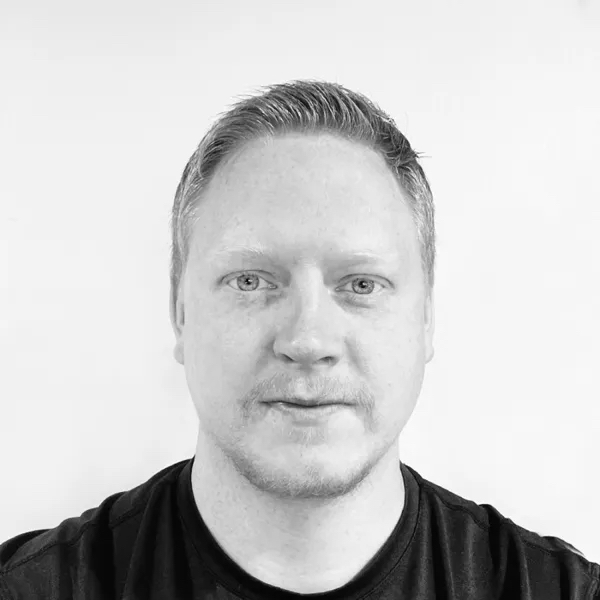RustBuilt Pittsburgh recently caught up with the founder and CEO of ERIN Technologies, the North Shore-based employee referral platform maker. (ERIN stands for Employee Referral Invitation Network.) The conversation follows a year in which his company’s platform was used by over 1.5 million people in 100 countries and he raised $5 million to support its growth.
Here’s their Q&A:
1. How did you come to do this work and why is it so important to you personally?
We had a unique start. I was working with a venture-builder that was focused on fintech startups, but identified recruiting as a pain. I had zero experience in the talent acquisition space, but jumped in with various people in the industry throwing crazy software ideas at them, leveraging blockchain, AI, etc. Basically, everyone said, “I have no idea what you’re talking about, but if you can get me more employee referrals, that’s something I’d be interested in.”
2. What was your lightbulb moment for ERIN?
Our MVP was very focused on sourcing data from social networks to match an employee’s connections with the company’s open jobs. It was a novel idea, but eventually I realized three things: 1.) Employees hate the big brother effect and do not like to give up their data. 2.) Privacy laws like GDPR were becoming the norm and sourcing data without telling people will be difficult if not illegal. 3.) Enterprise businesses struggle with automation and engagement — focusing on those two things and nothing else will give us a product that can drive extreme value.
3. What is the elevator pitch for ERIN?
ERIN is an app that completely automates the administration of employee referrals and leverages ease of use and gamification to drive adoption with employees. We take large enterprise businesses from 8% hires from employee referrals to over 35% hires from employee referrals, saving them significant amounts of money in recruitment costs.
4. Talk through your strategy in building a team around you.
Most of our hires come from … referrals. It’s an amazing advantage to be able to hire trusted entities that have the right experience, passion and dedication to help steer the ship in the right direction. We’ve also come to the quick realization that bad apples need to be removed quickly. There is no room for underperformance when you have others pulling all-nighters to get the job done.
5. What has surprised you most about starting your own business?
If you aren’t good in a spreadsheet, you’re going to struggle. Constantly working a budget, tracking results, and being able to communicate that to investors, internal employees, etc. is a full time job itself. Numbers expose reality and you need that data every day to help you make meaningful decisions.
6. Talk through one of your daily rituals.
Wake up, scan emails for fires. Tackle the biggest problems of the day first. Prioritize emails instantly as they come in, addressing important ones quickly and letting others sit (you can’t get to it all). Check in with the teams to make sure things are on track. Specifically check in with the product team to make sure our strategic roadmap is being met, and sales to make sure revenue is constantly being generated.
7. What is a recent challenge you’ve faced as an entrepreneur and how did you overcome it? What lesson(s) did you take away from it?
Scale fast. It’s more than just hiring people quickly — it’s hiring the right people, slowly, and implementing leaders and processes to allow for reliability and scale simultaneously. The biggest takeaway is that you cannot do it alone. You need to let go of things, put the right people in place, and empower them to make the right decisions so you can focus on working on the business, not in the business.
8. What does the next year look like for ERIN?
Scalability and sustainability. We are laser focused on 200%+ growth while improving our processes and tech to allow for unlimited scale. Our team has doubled in size in the last three months and we’re going to double again by the end of 2023.
9. What is a key piece of advice you’ve received that you’d want to share with other founders?
In the beginning, product-market fit is the only thing that matters. Plenty of great products fail because they don’t drive value, or solve problems that aren’t worth solving. Put as many resources as possible into proving there’s a market and validating that your solution drives value.
10. How can our regional startup community help your efforts?
If you know anyone recruiting at scale, they likely can benefit from using ERIN. We’re also always looking to expand our network of talented individuals that can help drive innovation in the HR tech space.







